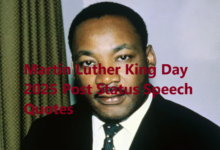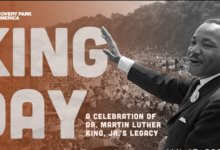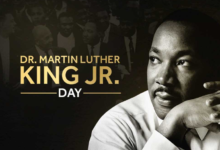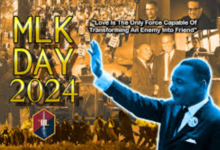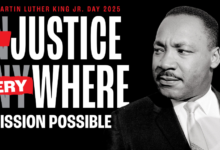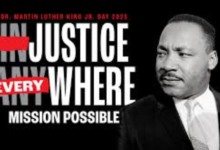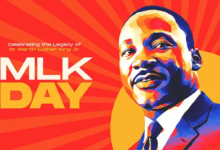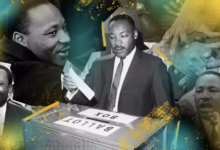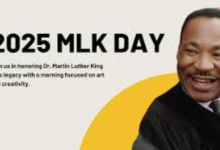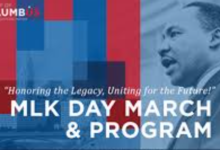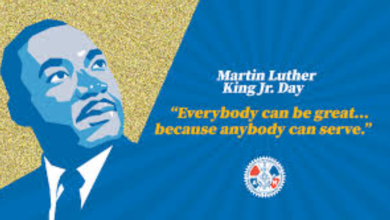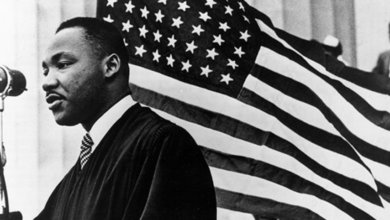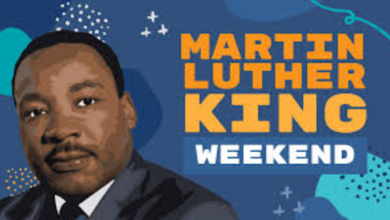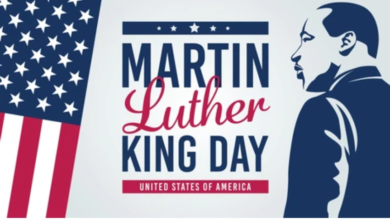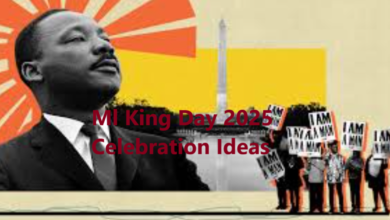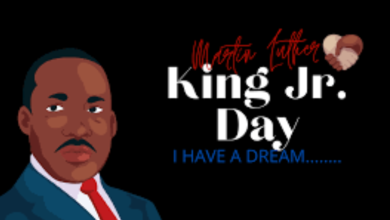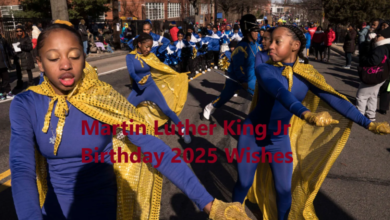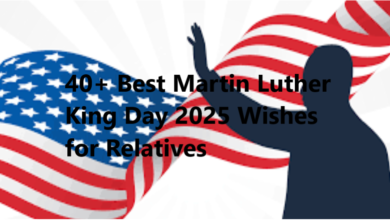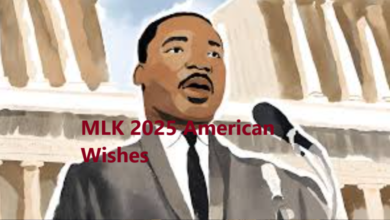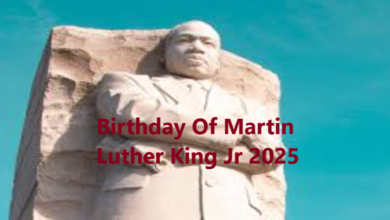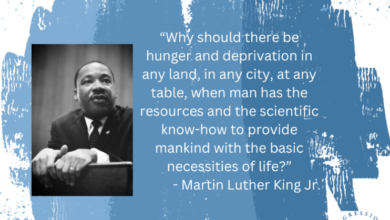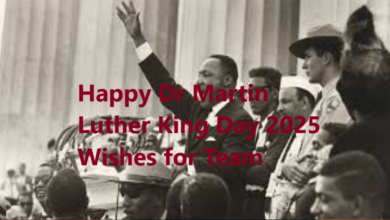Martin Luther King Jr Last Words
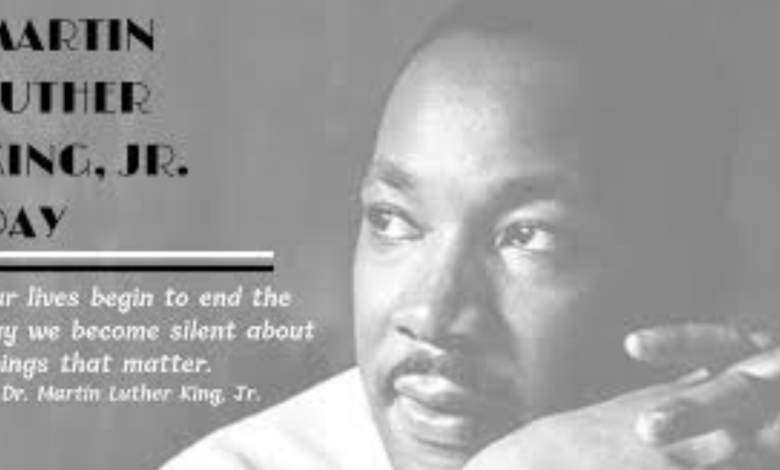
Martin Luther King Jr. remains one of history’s most impactful leaders. A driving force behind the Civil Rights Movement, his dedication to justice, equality, and peace continues to influence contemporary society. But beyond the widely quoted speeches like “I Have a Dream” or letters penned from Birmingham Jail, a lesser-discussed topic holds profound significance—his final words.
This post unpacks Martin Luther King Jr.’s last words, offering insight into the context in which they were spoken, their significance, and how they cemented his lifelong mission. Understanding his final moments reveals the man behind the movement and draws powerful lessons about leadership, passion, and courage.
Context of Martin Luther King Jr.’s Final Days
The 1960s were a tumultuous time in America, marked by growing divisions over racial inequality, the Vietnam War, and economic disparity. By April 1968, Martin Luther King Jr. had become the face of the Civil Rights Movement, but his mission had expanded further than many realized.
Dr. King was focusing on systemic poverty with his Poor People’s Campaign, advocating for the rights of economically disadvantaged Americans regardless of race. This was a natural next step in his persistent fight for justice but came amid rising threats to his life and a weariness noticeable even among his inner circle.
On April 3, 1968, when he arrived in Memphis, Tennessee, Dr. King was there to support sanitation workers on strike for fair wages and treatment. Although exhausted and unwilling to speak at first, he delivered the now-famed “I’ve Been to the Mountaintop” speech—the last public speech of his life—where he seemingly foreshadowed his death.
“I’ve seen the Promised Land. I may not get there with you. But I want you to know tonight, that we, as a people, will get to the Promised Land,” he declared, addressing both the struggle and triumph of the collective vision he dedicated his life to.
Martin Luther King Jr.: The Last Words He Spoke
Dr. King was staying at the Lorraine Motel in Memphis when tragedy struck on the evening of April 4, 1968. Moments before stepping outside onto the motel balcony, he had reportedly asked musician Ben Branch to perform “Take My Hand, Precious Lord” at a planned event later that evening. His exact words are remembered as, “Ben, make sure you play ‘Take My Hand, Precious Lord’ in the meeting tonight. Play it real pretty.”
The hymn, deeply rooted in the African-American church tradition, was a fitting request for a man who often found strength and solace in his faith. Minutes later, he was struck by an assassin’s bullet, cutting his life tragically short.
The Significance of Dr. King’s Final Words
A Testament to Faith and Hope
Martin Luther King Jr.’s last words exemplify a life grounded in faith. “Take My Hand, Precious Lord” was not simply a hymn; it symbolized resilience, trust in divine guidance, and a collective reaching for solace during hardship. Dr. King’s request for such a song illuminates his unshaken belief in a higher power, even amid personal sacrifice and uncertainty.
His choice of a hymn also speaks volumes about how central spirituality was to his leadership, offering inspiration not just to Christians but to all who fight for justice with courage and integrity.
A Moment of Humanity
Though larger-than-life in his role, Martin Luther King Jr. was, at his core, a compassionate human being. His final words were not political rhetoric or calculated statements. Instead, they came from a deeply personal place, chosen for their simplicity and emotional resonance. This reminder of his humanity only deepens the respect we owe to his relentless pursuit of justice under the weight of an extraordinary burden.
Final Acts Reflecting Lifelong Values
That Dr. King’s final moments referenced music—a universal language of connection and emotion—is no coincidence. He knew the power of unity in collective artistry, faith, and momentum. This “last request” encapsulated every value Dr. King stood for: harmony, resilience, and the dignity inherent in striving toward something greater, even against impossible odds.
Lessons from Dr. King’s Final Words
1. Leadership Demands Hope
By requesting a hymn about strength and perseverance, Dr. King implicitly underlined the importance of maintaining hope, no matter how dire the situation. This idea is especially relevant for leaders, who must continuously inspire others, even in moments of personal fear and fatigue.
2. Adapt Faith or Belief to Their Universal Lessons
Dr. King’s unwavering reliance on his Christian faith laid the foundation for his courage and faith in humanity. However, you don’t have to share his particular beliefs to see value in his example. Faith—in this sense—can be interpreted broadly, as belief in a cause, community, or principle bigger than oneself.
3. Small Acts Can Hold Great Meaning
Dr. King changed the world, but his last request wasn’t about making a dramatic statement. It was about celebrating the small, meaningful things—like a song that brings comfort to the weary. His final moments remind us of the immense power of intentionality in our daily actions.
